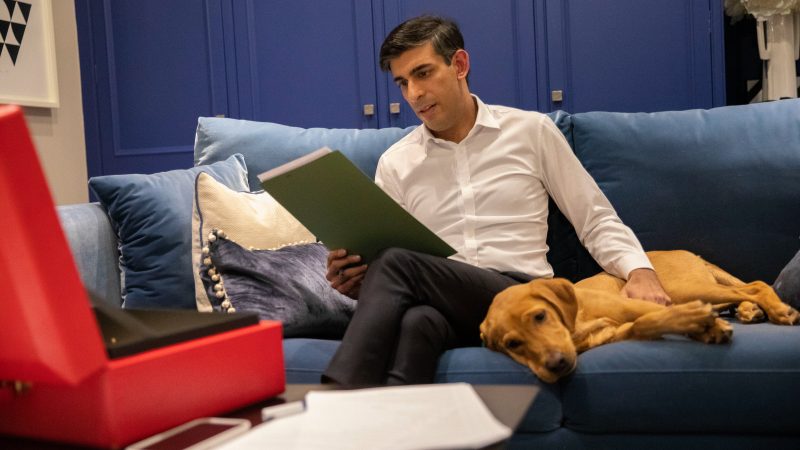
Rishi Sunak will deliver the Budget today. He will paint a sunny picture of the country entering an “age of optimism” with a “new economy post Covid”. This optimism is partly down to a better-than-expected economic bounce back from the pandemic. At the last Budget in March, the Office of Budget Responsibility forecast 4% growth this year, and Sunak is expected to announce that this has been revised to 7%. The Chancellor has, controversially, made 19 announcements on spending already ahead of his statement (although this includes lots of re-announced commitments). He will be in front of MPs at 12.30pm. Stay tuned for analysis and reactions.
Bridget Phillipson from Labour’s shadow Treasury team has set out on LabourList the six things Labour will be looking out for today: 1) how much of what is announced is new money, rather than re-announced spending commitments; 2) whether the government rises to the challenge on climate change, days before the UK hosts COP26; 3) sight of Tory plans for business tax after their long-promised review; 4) new fiscal rules and whether Sunak leaves himself space for tax cuts ahead of a general election; 5) division between the Sunak and Boris Johnson over infrastructure spending; and 6) new taxes and exemptions.
The Shadow Chief Secretary to the Treasury also briefly outlines Labour’s plan for the economy. In the longer term, the party is looking to “build the high-skill, high-wage economy of the future” – improving working rights and employment conditions – and has promised to “build it here it in Britain”. That is part of its plan to “buy, make and sell more in Britain”, for which Phillipson says Labour will change how the government awards public contracts. The opposition would devolve power and “invest in moving our economy rapidly towards net zero”.
In the short term, Labour would not have cut the Universal Credit uplift, and has a plan to reduce energy bills with a reduction in VAT. It is the short term that the opposition party will focus on today. Families are facing high energy bills, rising food prices, the Universal Credit cut, higher council tax and a rise in National Insurance Contributions in April 2022. The government announced an increase to the national living and minimum wage earlier this week, billing it as compensation for its benefit cuts and regressive tax increases. It is very much not that, for some of the reasons outlined here.
Phillipson took aim at Sunak’s give-and-take approach this morning. “What they give with one hand, they take with the other, because for an average worker who’s also receiving Universal Credit they are still going to be worse off,” she told Sky News this morning. “What we want to see from the Budget is an immediate plan to support families through what’s likely to be a pretty tough winter, but then a Budget that deals with the longer-term challenges within our economy and our wider society, too. Particularly on climate change, and creating great jobs right across our country, it’s a real opportunity for us to create those well-paid, highly skilled jobs that I think we really do need to see.”
Sign up to LabourList’s morning email for everything Labour, every weekday morning.



More from LabourList
Economic stability for an uncertain world: Spring Statement 2026
‘Biggest investment programme in our history’: Welsh Labour commit to NHS revamp if successful in Senedd elections
James Frith and Sharon Hodgson promoted as government ministers